Remembering the Heroic Female Pilots With This Great Video
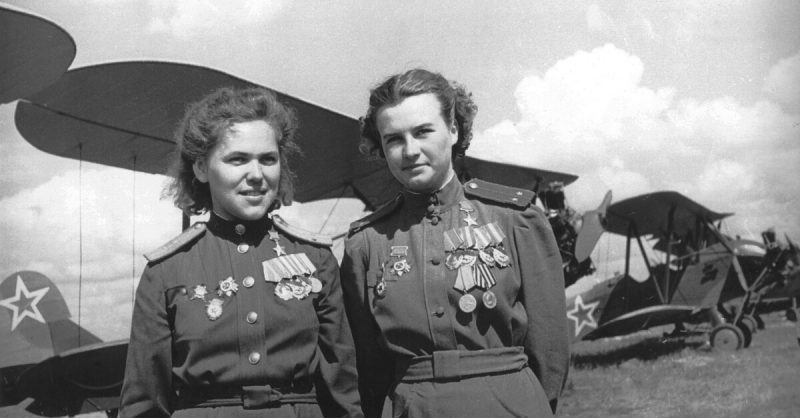
Night Witches: When Germany invaded the Soviet Union during World War II in 1941, they expected that their superior technology and the success they had thus far in quickly occupying territory would lead to a similar quick defeat of the Soviets.
But the Soviets proved fierce defenders of their motherland. Part of that tough resistance came from the ‘Night Witches’; female bomber pilots who caused plenty of trouble for the attacking Nazi army.
Nadezhda Vasilyevna Popova was one of those ‘Night Witches.’ She developed a love of flying early in life and snuck out at age 15 to take lessons without her parents’ knowledge or consent. Within a year she had made her first skydiving jump. Shortly after, she flew her first solo flight. She went on to be a flight instructor.
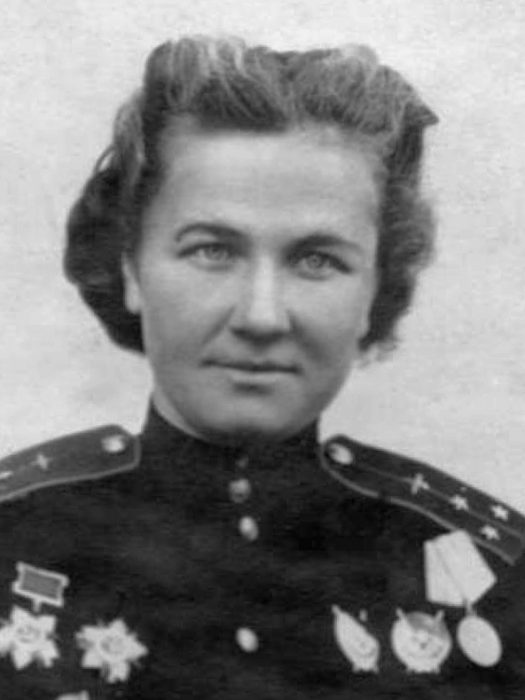
When the Germans invaded her village and confiscated her family’s home for a Gestapo headquarters, she developed an interest in joining the war effort. When her brother was killed in action, she became determined to fight the Germans.
Around that time, the Soviet military was running low on able-bodied men to fight, so Stalin authorized three flying units to be composed completely of women. Popova joined the 588th Night Bomber Regiment and began flying missions dropping bombs on the enemy.
The women’s units were not a high priority in the defense budget. The women wore hand-me-down uniforms from the men. They flew PO-2 biplanes for their missions.
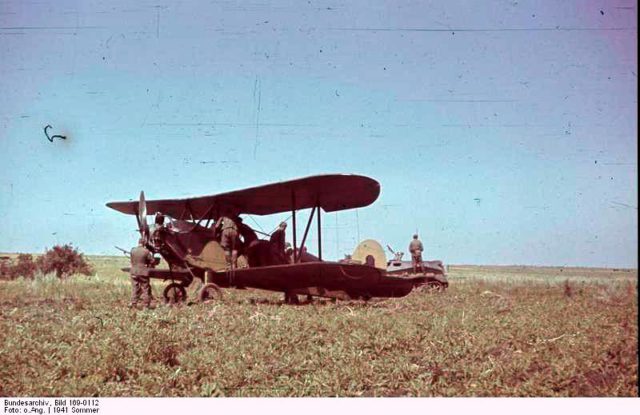
The PO-2 was designed to be a crop duster. The fabric stretched over the wings would catch fire easily if struck by tracer rounds from the anti-aircraft guns. There was no cockpit so they had to fight off frostbite on their faces. To avoid being observed, they flew barely over the treetops which made them susceptible to small arms fire.
But the PO-2s had an advantage over the German Messerschmitts that were deployed to hunt them down. Their top speed was slower than the Messerschmitts stall speed which made it extremely difficult for the Germans to train their weapons on the Soviet bombers.
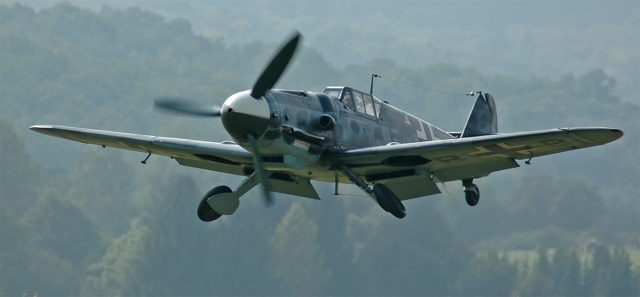
The women also had tactics on their side. They flew in formations of three planes. Two would serve as decoys. When detected, they would fly in opposite directions and distract the enemy with wild acrobatics.
Meanwhile, the third plane would turn off its engines and glide in quietly to drop their payload. Then that plane would become a decoy while one of the other two delivered their bombs. When all three planes had dropped their bombs, they headed home.
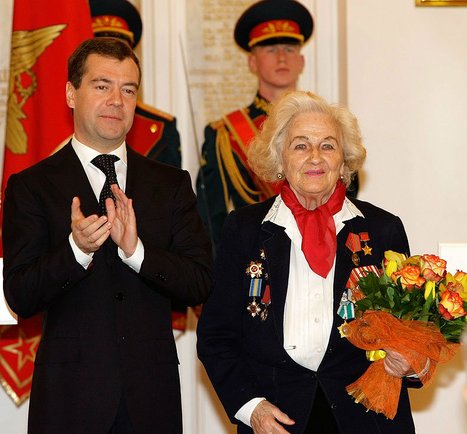
The women earned the nickname ‘Night Witches’ from the Germans. They flew so low over the enemy targets that the German soldiers could hear the wind off of the planes’ wings. The Germans believed the sound was similar to the sound a witch’s broom would make if it flew overhead.
Popova flew on 852 sorties during her time in the 588th. She flew 18 such missions in one night alone. Later in the war, she dropped food and medicine to the Russian marines who were trapped during the battle of Malaya Zemlya.
Another Article From Us: Allan Scott, One of the Last Spitfire Pilots from the Siege of Malta Dies
Popova was awarded the Hero of the Soviet Union, the Gold Star, the Order of Lenin, and the Order of the Red Star (three times).
